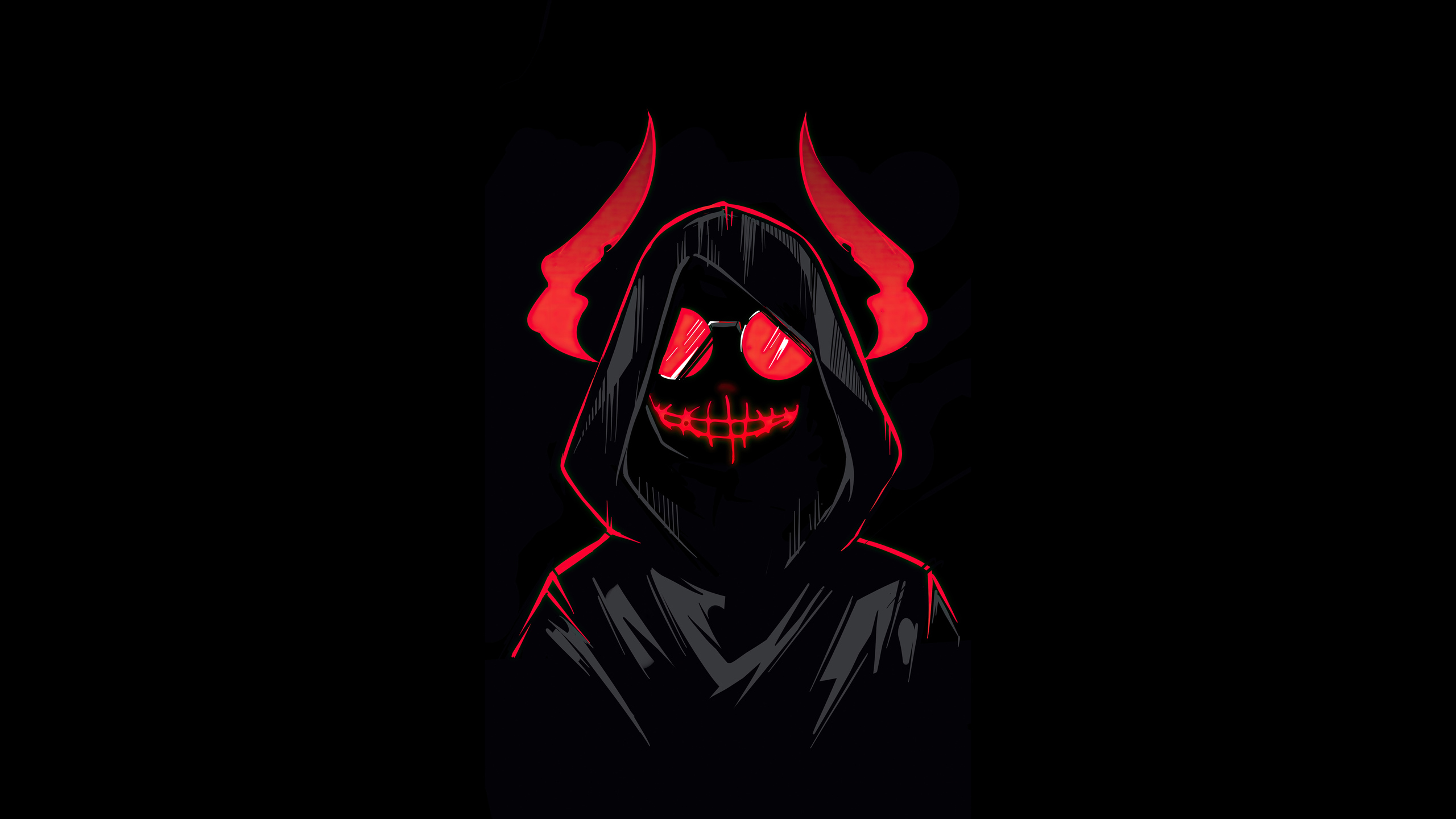Lucifer, according to Christian tradition, was God's favored angel who faced punishment and was cast into hell for challenging God's authority and attempting to incite other angels against Him; thus, he changed from being the archangel to becoming the devil.
According to Zimbardo, a psychology professor and the author of The Lucifer Effect, it is this metaphor that has inspired him to concentrate his research on manifestations of human character that are not as extreme as this one, where ordinary, even good people begin to partake in wrongful acts for either short or prolonged periods that can be deemed evil. The Lucifer Effect poses a fundamental inquiry regarding the essence of human nature: how can average, even virtuous individuals turn into perpetrators of evil?
In attempting to comprehend atypical or deviant behavior, we often focus solely on internal factors such as genes, personality, and character while we tend to overlook what might be the key catalyst for behavioral change occurring in the external environment or within the systems that create and sustain such circumstances. As the old adage states, "Show me your friends, and I’ll tell you who you are. " We observe teenagers striving for acceptance will don identical clothes, listen to the same music, and mimic each other’s speech, all for the sake of gaining group acceptance. Adults are no different; they also join groups, seek out individuals with similar interests, and adhere to specific dress codes, typically surrounding themselves with people who share equivalent moral values and socioeconomic status.
The issue arises when these groups reveal their malevolent side; under the protection of the group, individuals are capable of committing the most heinous acts. As Hannah Arendt, a German-born American political theorist, remarked, the banality of evil is astonishing. In a study called the Stanford Prison Experiment, conducted by a research team led by Philip Zimbardo, college students were randomly assigned to the roles of prisoners or guards. Over the span of two weeks, the guards became so absorbed in their roles that they rapidly began to mistreat, bully, and dehumanize the prisoners.
The experiment became so harsh and uncontrolled that it was halted in under five days. Explaining the malleability of human nature, Zimbardo proposes that who we are is influenced by the extensive systems that govern our existence—wealth and poverty, geography and climate, historical epochs, cultural, political, and religious predominance—as well as by the particular situations we face daily. These forces, in turn, interact with our fundamental biology and personality. His main argument is that while individuals ought to be accountable for their own actions, we also need to scrutinize the situational and systemic elements that shape individual behavior.
The experiment became so harsh and uncontrolled that it was halted in under five days. Explaining the malleability of human nature, Zimbardo proposes that who we are is influenced by the extensive systems that govern our existence—wealth and poverty, geography and climate, historical epochs, cultural, political, and religious predominance—as well as by the particular situations we face daily. These forces, in turn, interact with our fundamental biology and personality. His main argument is that while individuals ought to be accountable for their own actions, we also need to scrutinize the situational and systemic elements that shape individual behavior.
We must recognize that there aren’t only bad apples, but there are also bad barrels, and consequently, bad barrel makers. Zimbardo claims that motivations and needs which are generally positive can mislead individuals when they are exploited by social forces. The human desire to belong, to gain acceptance from others, and for consistency between private beliefs and public actions can distort individuals' thoughts, emotions, perceptions, and behaviors. Peer pressure is a powerful social influence, but there is no peer pressure strength without that encouragement from self-pressure for them to desire acceptance from you. Concurrently, self-serving biases detach individuals from this reality and make them susceptible to prevent them from avoiding this behavior. He demonstrated, through situational forces, how social psychology—even the most somber studies of human frailty—can be genuinely uplifting. There will be a moment in your life, he said, when you will possess the power within you as an ordinary individual, as someone who is prepared to make the choice to expose wrongdoing, to take action, to choose a different path, and to perform a courageous act. This choice is contrasted with the decisions to commit evil or to remain inactive, which constitutes the evil of inaction. Zimbardo concluded with a thought from Alexander Solzhenitsyn, the Russian poet who was imprisoned under Stalin: the boundary between good and evil lies at the core of every human heart. So do you concur with Phil Zimbardo?
Do you believe a person’s actions are less about his individual traits and more about the impact of the system on his actions? Therefore, if your role changed from prisoner to prison guard or vice versa, would you continue to be the same individual? Share your thoughts in the comments.
